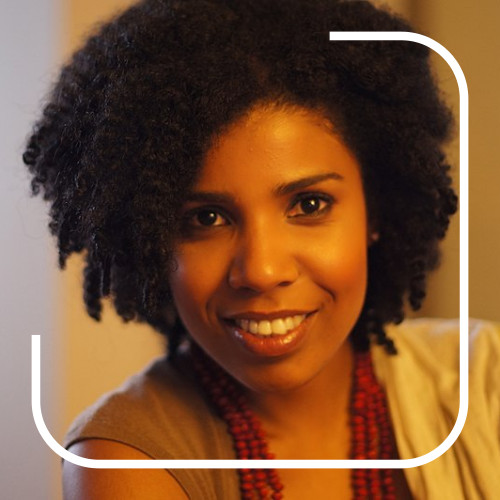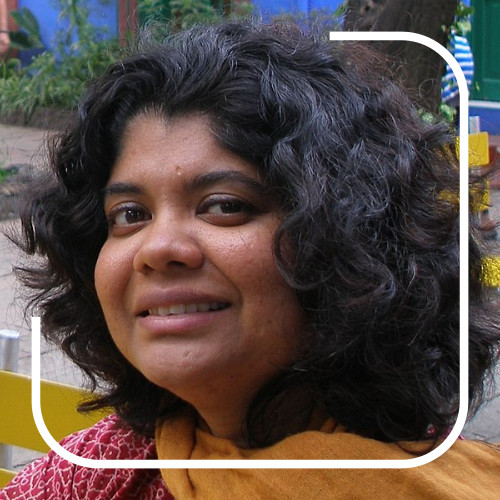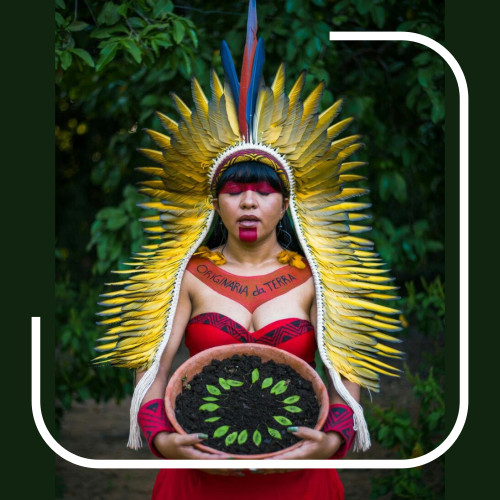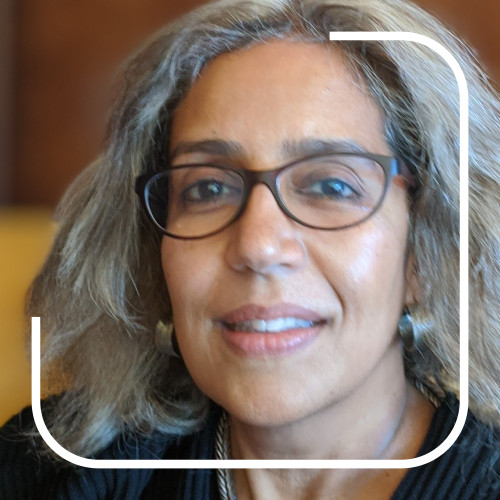
What is it about?
Honouring Our Guardians centers the leadership of Indigenous women activists, policy makers and scholars from different parts of the world through an international/translocal community of praxis for climate justice. It tests frames, policies and practices that are Indigenous in design and execution, through community pilots in three different locations: the Pacific Islands, the Great Basin area of the USA, and the Brazilian Amazon.
Analyses from this deeply collaborative and iterative process will challenge and transform mainstream narratives and policies around climate justice that have so far failed us because they are not systemic enough, nor led by those most affected.
Why is this important?
The lived experiences of Indigenous communities offer the exemplary intersectional, multi-faceted, cross-generational analyses of the chronic stressors of the climate crisis, including capitalism, colonialism, patriarchy and racism. Yet most risk mitigation and climate change strategies and solutions currently either ignore or romanticize Indigenous communities. When considered, “indigeneity” is treated as a monolithic category, rather than with the rich textures and differences of 370 million people, living across 90 countries, in multiple complex contexts of land, forest and ocean. Most importantly, the expertise and experience of Indigenous activists, scholars, policy makers and practitioners is rarely centered in this mainstream environmental discourse. With all good intentions, it is still primarily Western and global North based and led, including when it focuses on global South contexts for research and activism.
This pilot project intends to do exactly the opposite. We will be audacious in both imagination and action to create a community of praxis, centering Indigenous leadership, reciprocity and resilience in local practices of resistance, adaptation and transformation.
What do we plan to do?
Indigenous activists, scholars and policy makers are together in a community of praxis for climate justice over two years, sharing our multiple systems of knowledge and re-imagining frames of reference for the climate crisis from our Indigenous perspectives. We co-design and workshop the policies and practices we are implementing through community projects in our own contexts. We will then be able to reflect, compare, contrast and analyse across these contexts, and offer analyses and insights for reciprocity and resilience across multiple other contexts.
Who are we?

Adele Vrana is Co-Director and co-founder of Whose Knowledge?. Adele has led business development and partnerships initiatives to help build a more plural and diverse communities in her native country of Brazil and globally.

Anasuya Sengupta is Co-Director and co-founder of Whose Knowledge?. She has led initiatives in India and the USA, across the global South, and internationally for over 20 years, to amplify marginalised voices in virtual and physical worlds.

Braulina Baniwa is an activist for indigenous women’s rights and master’s student in Social Anthropology at the University of Brasília, Brazil. She is a co-founding member and executive director of ANMIGA (National Articulation of Indigenous Women Ancestrality Warriors). Multiplier of knowledges in spaces of voice, speech, and writing; writer and editor.

Célia Xakriabá, from the Xakriabá people, defines herself as a woman from literature+daily struggle and from the National Articulation of Indigenous Women. She works on multiple fronts, as a representative of the Indigenous peoples’ and women’s causes, as a teacher and as a parliamentary advisor. She holds a master’s degree in Sustainable Development from the University of Brasília (UnB), and is currently a PhD candidate in Anthropology at the Federal University of Minas Gerais (UFMG). Her very first school, however, was the struggle in its many forms: the protection of Indigenous lands, the restructuring of the education system, and the advocacy for women and youth.

Kavita Philip is the President’s Excellence Chair in Network Cultures at The University of British Columbia. Her research and teaching in Global South histories and sociologies of science, computational technologies, environment, network cultures, media, and politics, crosses geographic boundaries and ranges across scholarly disciplines.

Maureen Penjueli is the Coordinator of the Pacific Network on Globalisation (PANG), a regional watchdog promoting Pacific peoples’ right to be self-determining. PANG’s work involves research, lobbying and advocacy with and on behalf of civil society groups, faith-based organisations, communities and customary landowners. Maureen was born on the island of Rotuma but spent most of her schooling life in Lautoka, Fiji.

Melanie Smokey is a citizen of the Yomba Band of Shoshone Indians, and harvester of plants and their knowledge.

Naomi Simmonds is from the tribe Raukawa in the central North Island of Aotearoa New Zealand. She works as an independent researcher with a focus on land-based learning, women’s land-based knowledges, Māori maternities, and whānau (family wellbeing) Her most recent research, a Royal Society Marsden Fast Start funded project, involved researching and re-walking 378km following the journey of her ancestress, Māhinaarangi, to understand the transformations, knowledges and rituals for women that are embedded in the footprints of her ancestors. She is a mother to two girls and spends most of her spare time at her ancestral home, Pikitū, working on environmental protection and restoration projects.

Persephone Lewis is a citizen of the Yomba Band of Shoshone Indians and has been working with Tribal nations and non-profit groups since 2001 in a variety of capacities. She is currently Professor of Practice and Tribal Liaison in the Department of Ethnic Studies, University of San Diego, California; and Honouring Our Guardians Coordinator at Whose Knowledge?

Sônia Guajajara, from the Guajajara people, is the first Indigenous leader to run for vice president in Brazil, in 2018. She is the coordinator of Articulação dos Povos Indígenas do Brasil (The Articulation of Indigenous Peoples of Brazil) and one of the most prominent leaders among the Amazon rainforest and Brazilian biomes frontline defenders, and an advocate for Brazilian democracy.

Yvonne Te Ruki-Rangi-O-Tangaroa Underhill-Sem is a feminist geographer and associate professor in Pacific Studies and Gender and Development at the Faculty of Arts in the University of Auckland, Aotearoa/New Zealand. Originally from the Cook Islands, she has served in many positions, including as the regional coordinator for Development Alternatives with Women for a New Era (DAWN) in the Pacific.
